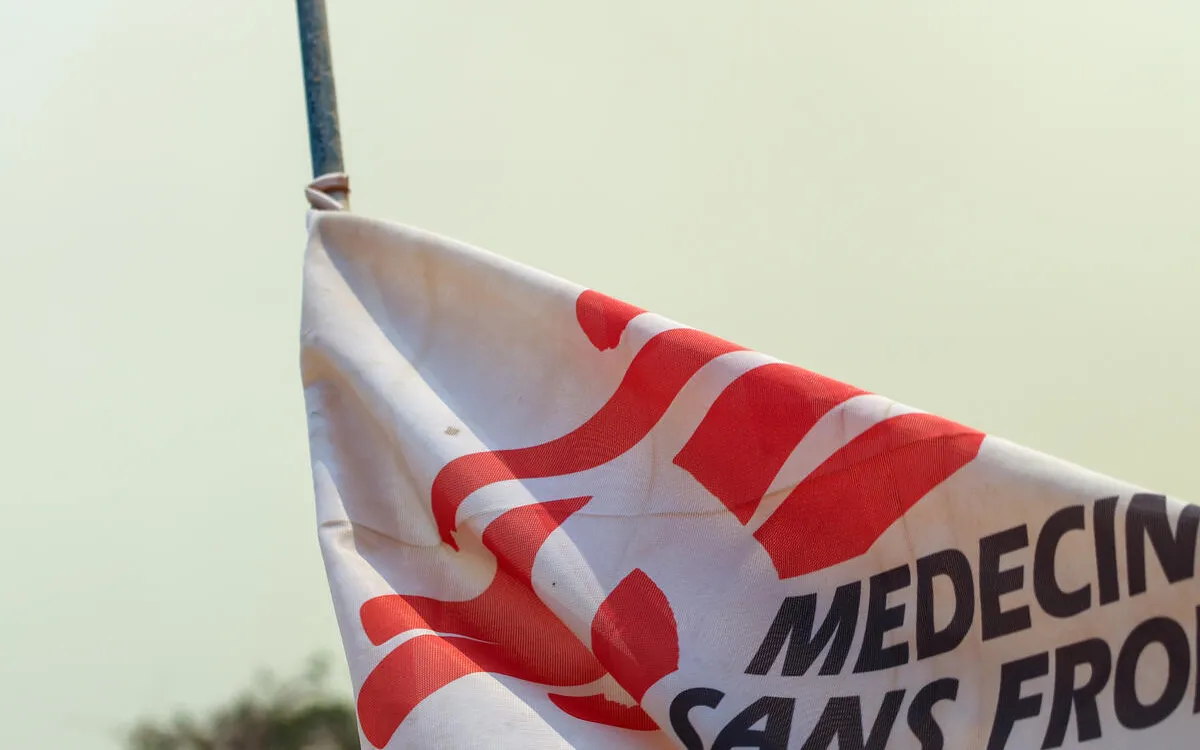
Jerusalem - In a tragic incident on June 1, dozens of Palestinians lost their lives and hundreds more sustained injuries while waiting for food at the newly established Gaza Humanitarian Foundation distribution centers located in Rafah and near the Netzarim Corridor, as reported by the Ministry of Health. The humanitarian crisis has intensified, drawing a response from Médecins Sans Frontières (MSF), known as Doctors Without Borders, whose teams have mobilized to assist with the mass casualty situation at Nasser Hospital in Khan Younis.
Patients arriving at the hospital recounted harrowing stories of being targeted by drones, helicopters, boats, tanks, and Israeli soldiers on the ground. Claire Manera, MSF’s emergency coordinator, stated, “Today’s events have shown once again that this new system of aid delivery is dehumanizing, dangerous, and severely ineffective. It has resulted in deaths and injuries of civilians that could have been prevented.” She emphasized that humanitarian aid should solely be provided by organizations that possess the necessary competence and commitment to ensure safety and effectiveness.
At Nasser Hospital, MSF teams treated numerous patients suffering from severe injuries. Some individuals remain in critical condition and are undergoing surgical procedures. Alarmingly, the hospital’s blood banks are nearly depleted, compelling medical staff to donate blood themselves. Nour Alsaqa, an MSF communications officer, described the scene: “The hospital corridors were filled with patients, but unlike what I have witnessed before, where most patients were women and children, today it was mainly men.” She detailed how these men lay in beds in hallways because the rooms were overcrowded with injured individuals. Many displayed visible gunshot wounds, their clothes soaked in blood.
Alsaqa further shared the emotional toll of the situation: “They looked shattered and distraught after trying to secure food for their children, only to return injured and empty-handed. Outside, there was shouting, sirens, and a relentless influx of new patients to the emergency room. Amid the chaos, we received confirmation that a colleague’s brother had been killed while attempting to collect aid from the distribution center.”
Mansour Sami Abdi, a father of four, recounted the pandemonium: “People fought over five pallets. They told us to take food—then they fired from every direction. I ran 200 meters before realizing I’d been shot. This isn’t aid. It’s a lie. Are we supposed to go get food for our kids and die?” This distressing event marks the second instance in which the new system of aid distribution has resulted in bloodshed. On May 27, during the inaugural afternoon of distribution in Rafah, Israeli forces shot dozens of people amidst the chaotic distribution of insufficient lifesaving supplies.
The situation in Gaza has deteriorated significantly due to the total siege imposed by Israeli authorities since March 2, leading to a declared risk of famine affecting 100% of Gaza’s population, according to the United Nations. Since May 19, only a few hundred food trucks have managed to arrive, representing a minuscule fraction of what is urgently needed for the over 2 million people who have been largely deprived of food, water, and medication for three months.
The deliberate blocking of humanitarian aid into Gaza has compounded the suffering of its residents. MSF reiterates that the combination of displacement orders, bombing campaigns that claim civilian lives, and the weaponization of aid could amount to crimes against humanity. They advocate for a lasting ceasefire and the immediate reopening of Gaza's borders for humanitarian aid, which must include essential supplies such as food, medical resources, fuel, and equipment to alleviate this man-made catastrophe.